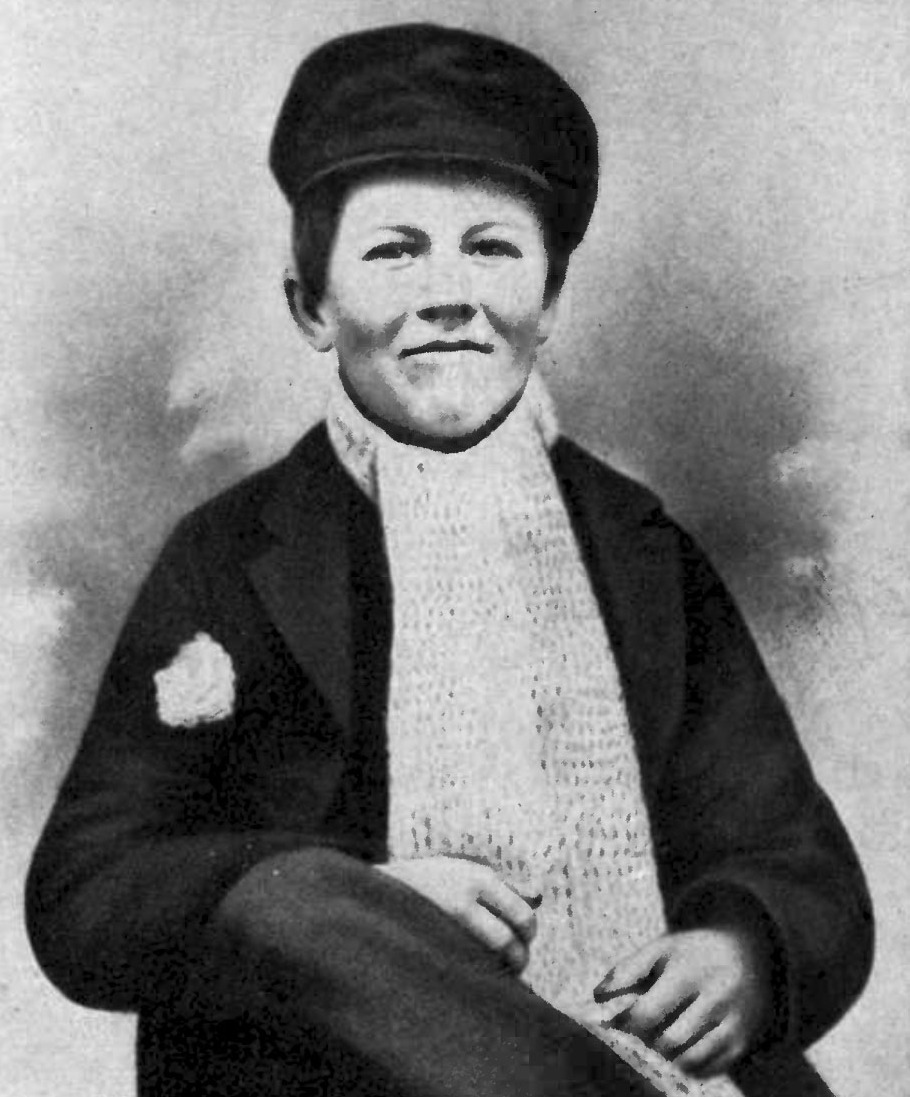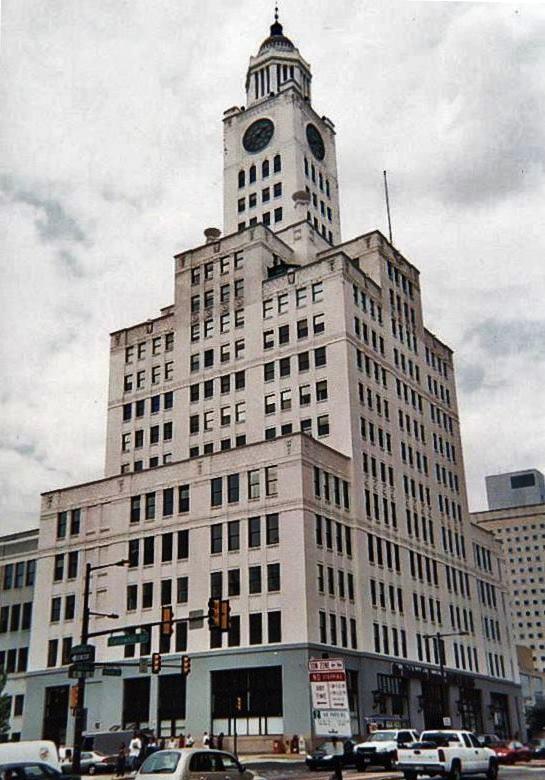|
Franklin Medal
The Franklin Medal was a science award presented from 1915 until 1997 by the Franklin Institute The Franklin Institute is a science museum and the center of science education and research in Philadelphia, Pennsylvania. It is named after the American scientist and statesman Benjamin Franklin. It houses the Benjamin Franklin National Memori ... located in Philadelphia, Pennsylvania, U.S. It was founded in 1914 by Samuel Insull. The Franklin Medal was the most prestigious of the various awards presented by the Franklin Institute. Together with other historical awards, it was merged into the Benjamin Franklin Medal, initiated in 1998. Laureates Recipients are listed in a database on The Franklin Institute website. References {{reflist, 30em External links The Franklin Institute Awards Franklin Institute awards ... [...More Info...] [...Related Items...] OR: [Wikipedia] [Google] [Baidu] |
Samuel Insull
Samuel Insull (November 11, 1859 – July 16, 1938) was a British-born American business magnate. He was an innovator and investor based in Chicago who greatly contributed to create an integrated electrical infrastructure in the United States. Insull created holding companies that purchased utilities and railroads. Insull was responsible for the building of the Chicago Civic Opera House in 1929. Due to the Great Depression, his vast Midwest holding company empire collapsed, and he was accused of profiting personally by selling worthless stock to unsuspecting investors who trusted him because of his position and reputation. Following a seven-week trial, he and 16 co-defendants were acquitted of all charges after two hours of jury deliberation. Early life Insull was born on November 11, 1859, in London, the son of Insull Insull, a tradesman and lay preacher who was active in the temperance movement, and Emma Short. He was one of five siblings who survived to adulthood. His ... [...More Info...] [...Related Items...] OR: [Wikipedia] [Google] [Baidu] |
Franklin Institute
The Franklin Institute is a science museum and the center of science education and research in Philadelphia, Pennsylvania. It is named after the American scientist and statesman Benjamin Franklin. It houses the Benjamin Franklin National Memorial. Founded in 1824, the Franklin Institute is one of the oldest centers of science education and development in the United States. Its chief astronomer is Derrick Pitts. History On February 5, 1824, Samuel Vaughan Merrick and William H. Keating founded the Franklin Institute of the State of Pennsylvania for the Promotion of the Mechanic Arts. Begun in 1825, the institute was an important force in the professionalization of American science and technology through the nineteenth century, beginning with early investigations into steam engines and water power. In addition to conducting scientific inquiry, it fostered research and education by running schools, publishing the influential ''Journal of The Franklin Institute'', sponsoring ... [...More Info...] [...Related Items...] OR: [Wikipedia] [Google] [Baidu] |
Thomas Edison
Thomas Alva Edison (February 11, 1847October 18, 1931) was an American inventor and businessman. He developed many devices in fields such as electric power generation, mass communication, sound recording, and motion pictures. These inventions, which include the phonograph, the motion picture camera, and early versions of the electric light bulb, have had a widespread impact on the modern industrialized world. He was one of the first inventors to apply the principles of organized science and teamwork to the process of invention, working with many researchers and employees. He established the first industrial research laboratory. Edison was raised in the American Midwest. Early in his career he worked as a telegraph operator, which inspired some of his earliest inventions. In 1876, he established his first laboratory facility in Menlo Park, New Jersey, where many of his early inventions were developed. He later established a botanical laboratory in Fort Myers, Florida, ... [...More Info...] [...Related Items...] OR: [Wikipedia] [Google] [Baidu] |
Heike Kamerlingh Onnes
Heike Kamerlingh Onnes (21 September 1853 – 21 February 1926) was a Dutch physicist and Nobel laureate. He exploited the Hampson–Linde cycle to investigate how materials behave when cooled to nearly absolute zero and later to liquefy helium for the first time, in 1908. He also discovered superconductivity in 1911. Biography Early years Kamerlingh Onnes was born in Groningen, Netherlands. His father, Harm Kamerlingh Onnes, was a brickworks owner. His mother was Anna Gerdina Coers of Arnhem. In 1870, Kamerlingh Onnes attended the University of Groningen. He studied under Robert Bunsen and Gustav Kirchhoff at the University of Heidelberg from 1871 to 1873. Again at Groningen, he obtained his master's degree in 1878 and a doctorate in 1879. His thesis was ''Nieuwe bewijzen voor de aswenteling der aarde'' (''tr''. New proofs of the rotation of the earth). From 1878 to 1882 he was assistant to Johannes Bosscha, the director of the Delft Polytechnic, for whom he substituted ... [...More Info...] [...Related Items...] OR: [Wikipedia] [Google] [Baidu] |
Robert Bowie Owens
Robert "Bobby" Bowie Owens (October 29, 1870 – November 3, 1940) was a U.S. electrical engineer. He was the director of the Maryland Academy of Science. He was secretary of Franklin Institute from 1910 to 1924. He is credited as a discoverer of the alpha ray. Biography He was born October 29, 1870. Owens was a graduate of the Industrial College of Johns Hopkins University and Columbia University. On August 19, 1891 he was employed as an adjunct professor in electrical engineering in the newly formed school of Electrical Engineering at the University of Nebraska. After seven years of service he left the now-department in shape comparable to other universities of the time, in August 1898, Owens took a position as MacDonald Chair of Electrical Engineering at McGill University in Montreal. During his time at Nebraska, Owens was involved in forming ''The Society of Electrical Engineers of the University of Nebraska'' in 1893, the body which is known today as the IEEE. Owens ... [...More Info...] [...Related Items...] OR: [Wikipedia] [Google] [Baidu] |
John J
John is a common English name and surname: * John (given name) * John (surname) John may also refer to: New Testament Works * Gospel of John, a title often shortened to John * First Epistle of John, often shortened to 1 John * Second Epistle of John, often shortened to 2 John * Third Epistle of John, often shortened to 3 John People * John the Baptist (died c. AD 30), regarded as a prophet and the forerunner of Jesus Christ * John the Apostle (lived c. AD 30), one of the twelve apostles of Jesus * John the Evangelist, assigned author of the Fourth Gospel, once identified with the Apostle * John of Patmos, also known as John the Divine or John the Revelator, the author of the Book of Revelation, once identified with the Apostle * John the Presbyter, a figure either identified with or distinguished from the Apostle, the Evangelist and John of Patmos Other people with the given name Religious figures * John, father of Andrew the Apostle and Saint Peter * Pope John ... [...More Info...] [...Related Items...] OR: [Wikipedia] [Google] [Baidu] |
Frank J
Frank or Franks may refer to: People * Frank (given name) * Frank (surname) * Franks (surname) * Franks, a medieval Germanic people * Frank, a term in the Muslim world for all western Europeans, particularly during the Crusades - see Farang Currency * Liechtenstein franc or frank, the currency of Liechtenstein since 1920 * Swiss franc or frank, the currency of Switzerland since 1850 * Westphalian frank, currency of the Kingdom of Westphalia between 1808 and 1813 * The currencies of the German-speaking cantons of Switzerland (1803–1814): ** Appenzell frank ** Argovia frank ** Basel frank ** Berne frank ** Fribourg frank ** Glarus frank ** Graubünden frank ** Luzern frank ** Schaffhausen frank ** Schwyz frank ** Solothurn frank ** St. Gallen frank ** Thurgau frank ** Unterwalden frank ** Uri frank ** Zürich frank Places * Frank, Alberta, Canada, an urban community, formerly a village * Franks, Illinois, United States, an unincorporated community * Franks, Missour ... [...More Info...] [...Related Items...] OR: [Wikipedia] [Google] [Baidu] |
William Stanley, Jr
William is a male given name of Germanic origin.Hanks, Hardcastle and Hodges, ''Oxford Dictionary of First Names'', Oxford University Press, 2nd edition, , p. 276. It became very popular in the English language after the Norman conquest of England in 1066,All Things William"Meaning & Origin of the Name"/ref> and remained so throughout the Middle Ages and into the modern era. It is sometimes abbreviated "Wm." Shortened familiar versions in English include Will, Wills, Willy, Willie, Bill, and Billy. A common Irish form is Liam. Scottish diminutives include Wull, Willie or Wullie (as in Oor Wullie or the play ''Douglas''). Female forms are Willa, Willemina, Wilma and Wilhelmina. Etymology William is related to the given name ''Wilhelm'' (cf. Proto-Germanic ᚹᛁᛚᛃᚨᚺᛖᛚᛗᚨᛉ, ''*Wiljahelmaz'' > German '' Wilhelm'' and Old Norse ᚢᛁᛚᛋᛅᚼᛅᛚᛘᛅᛋ, ''Vilhjálmr''). By regular sound changes, the native, inherited English form of the name should ... [...More Info...] [...Related Items...] OR: [Wikipedia] [Google] [Baidu] |
The Philadelphia Inquirer
''The Philadelphia Inquirer'' is a daily newspaper headquartered in Philadelphia, Pennsylvania. The newspaper's circulation is the largest in both the U.S. state of Pennsylvania and the Delaware Valley metropolitan region of Southeastern Pennsylvania, South Jersey, Delaware, and the northern Eastern Shore of Maryland, and the 17th largest in the United States as of 2017. Founded on June 1, 1829 as ''The Pennsylvania Inquirer'', the newspaper is the third longest continuously operating daily newspaper in the nation. It has won 20 Pulitzer Prizes . ''The Inquirer'' first became a major newspaper during the American Civil War. The paper's circulation dropped after the Civil War's conclusion but then rose again by the end of the 19th century. Originally supportive of the Democratic Party, ''The Inquirers political orientation eventually shifted toward the Whig Party and then the Republican Party before officially becoming politically independent in the middle of the 20th c ... [...More Info...] [...Related Items...] OR: [Wikipedia] [Google] [Baidu] |
Benjamin Franklin Medal (Franklin Institute)
The Franklin Institute Awards (or Benjamin Franklin Medal) is an American science and engineering award presented by the Franklin Institute, a science museum in Philadelphia. The Franklin Institute awards comprises the Benjamin Franklin Medals in seven areas of science and engineering, the Bower Awards and Prize for Achievement in Science, and the Bower Award for Business Leadership. Since 1824, the institute has recognized "world-changing scientists, engineers, inventors, and industrialists—all of whom reflect Benjamin Franklin’s spirit of curiosity, ingenuity, and innovation". Some of the noted past laureates include Nikola Tesla, Thomas Edison, Marie Curie, Max Planck, Albert Einstein, Stephen Hawking. Some of the 21st century laureates of the institute awards are Bill Gates, James P. Allison, Indra Nooyi, Jane Goodall, Elizabeth Blackburn, George Church, Robert S. Langer, and Alex Gorsky. Benjamin Franklin Medals In 1998, the Benjamin Franklin Medals were created ... [...More Info...] [...Related Items...] OR: [Wikipedia] [Google] [Baidu] |





